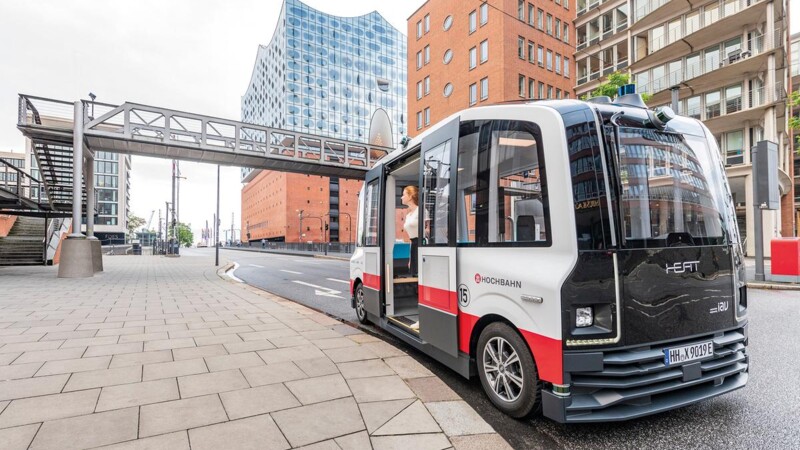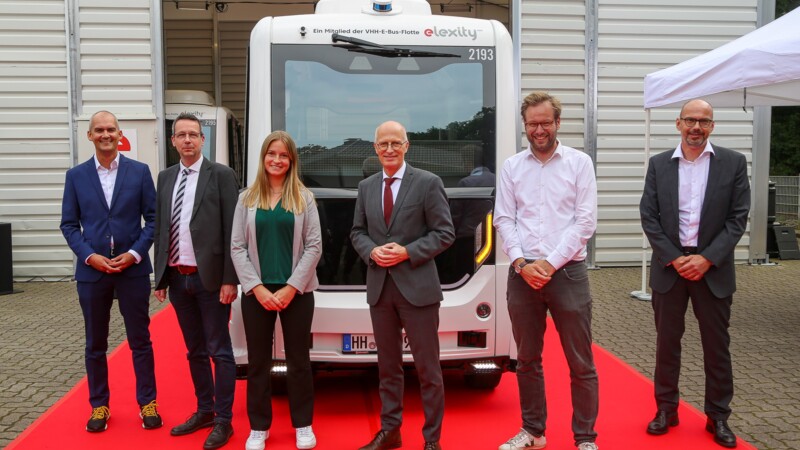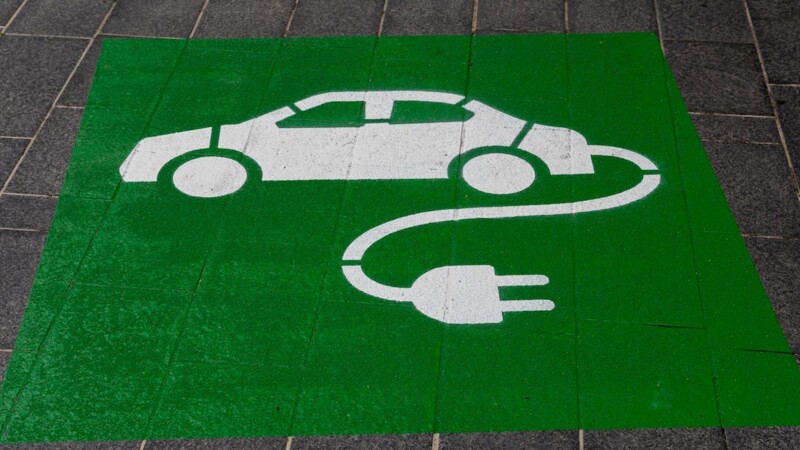The "Hamburg Model" could serve as a blueprint for setting up e-mobility successfully, according to Andreas Rieckhof, State Councillor. The ramp-up of the technology in the city has been successful with just over 1,400 publicly accessible charging points operated by Stromnetz Hamburg and Hamburg Energie. "Now we are taking the next step, the introduction of a standard market usage price for all providers, towards covering all the costs of operating the public charging infrastructure."
Plans have been announced to phase out the successful "Hamburg Model" from early 2022, a press release said Friday (October 1, 2021). The Hanseatic city has made its state-subsidised, public charging infrastructure available free of charge to providers, who then sold electricity to end consumers hitherto. Providers will in future be charged to help fund the expansion of the public charging infrastructure.
Blueprint for establishing electro mobility nationwide
Hamburg to expand public charging infrastructure
The co-financing by providers will allow Hamburg to maintain its lead in e-mobility and to steadily expand the public charging infrastructure. Hamburg leads the way in terms of electro mobility with around 2.6 per cent of all registered e-vehicles in Germany. Although 80 per cent of all charging will be done at home or at the workplace, the expansion is pivotal to its increasing the use and share of electric vehicles in Hamburg. Another 1,000 charging points especially at high-demand locations across the city are to be set up by 2025. The first ultra-fast charging stations are to be built in public spaces this year.
tn/sb/pb
Sources and further information
More
Similar articles

ITS World Congress to turn Hamburg into model city

Tests of autonomous on-demand transport in Bergedorf

Hamburg draws positive interim balance of e-taxi funding
